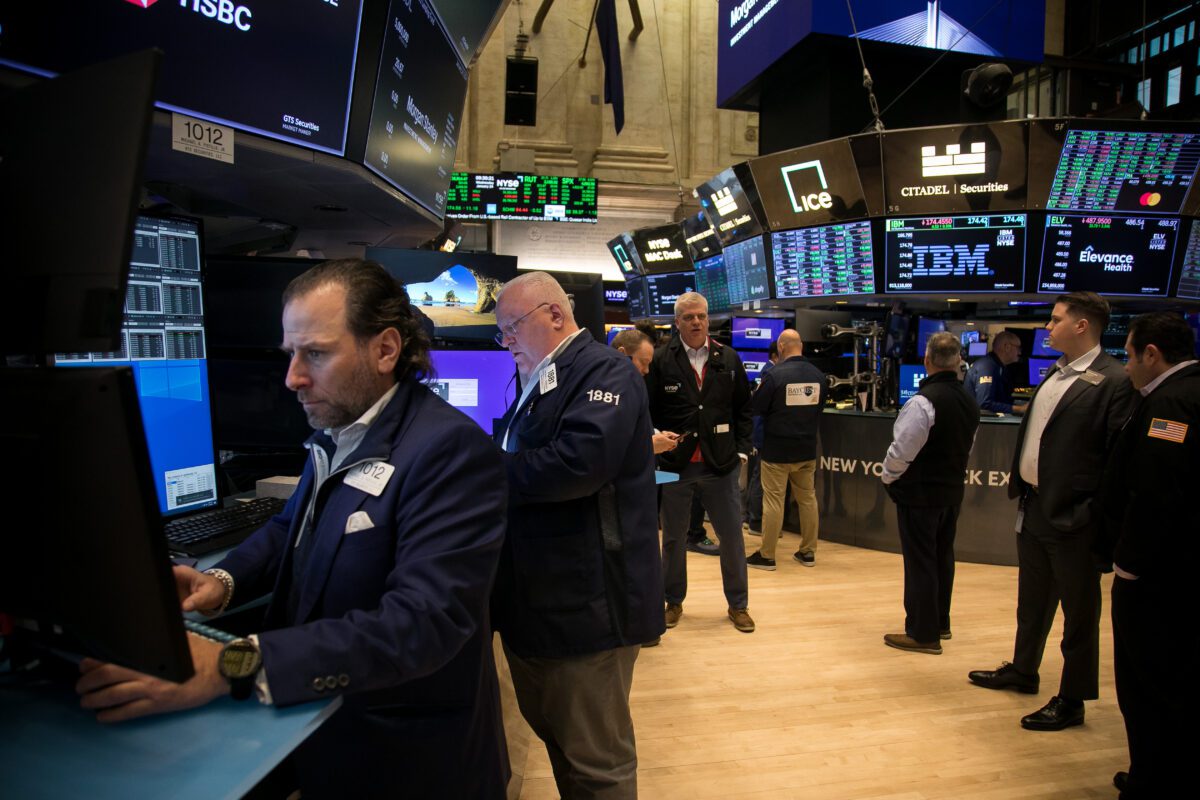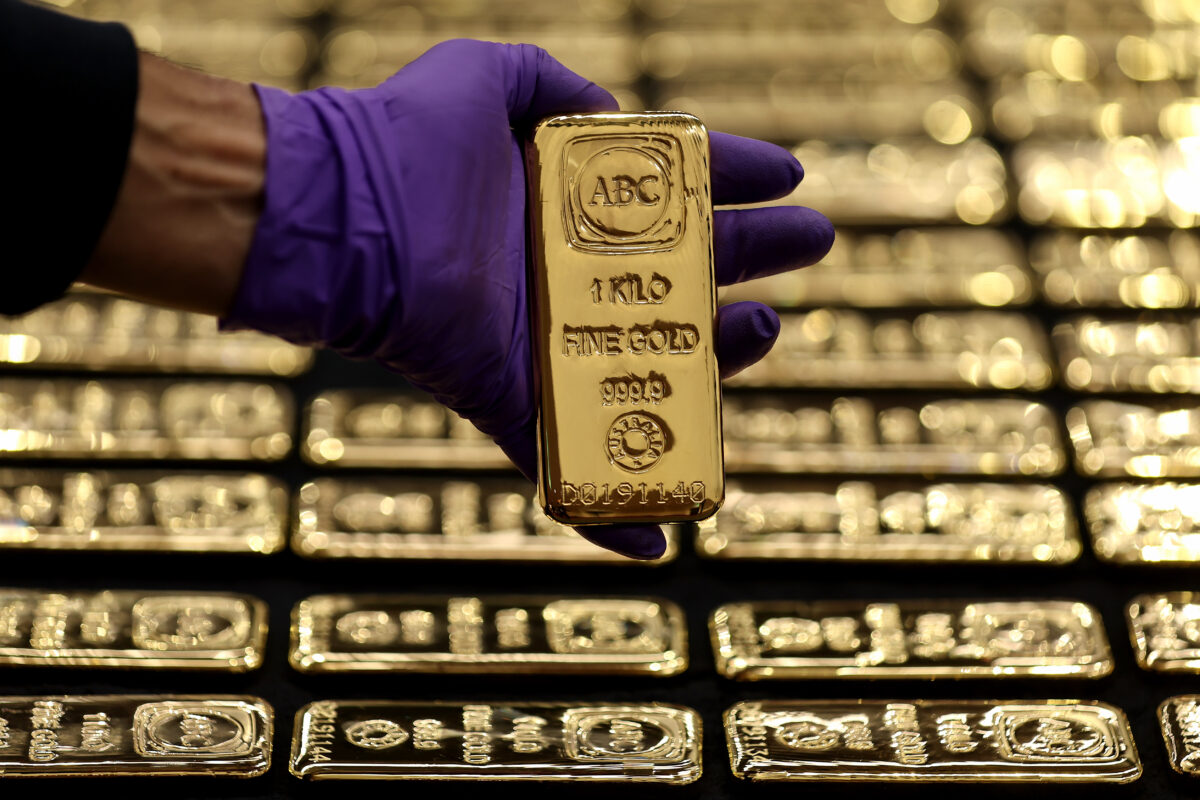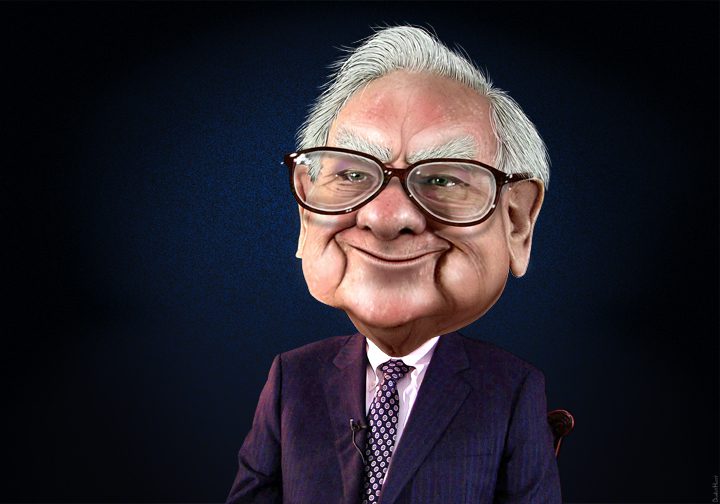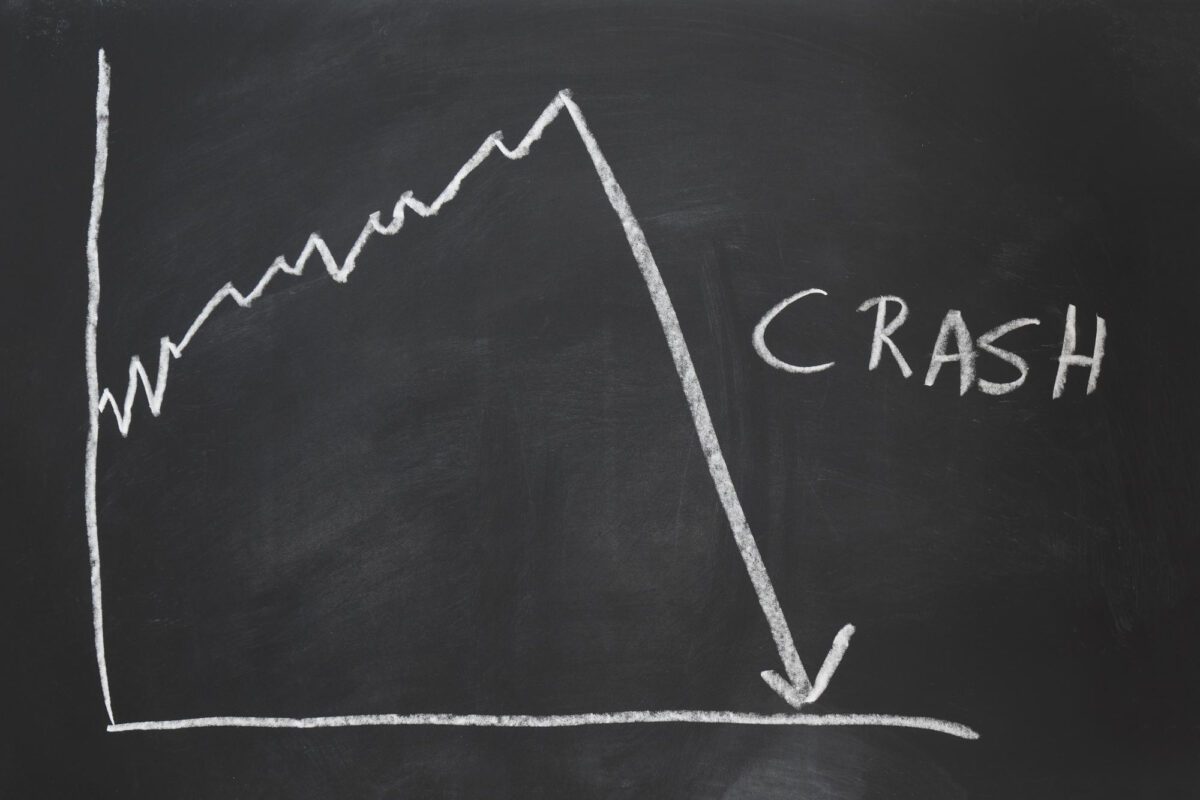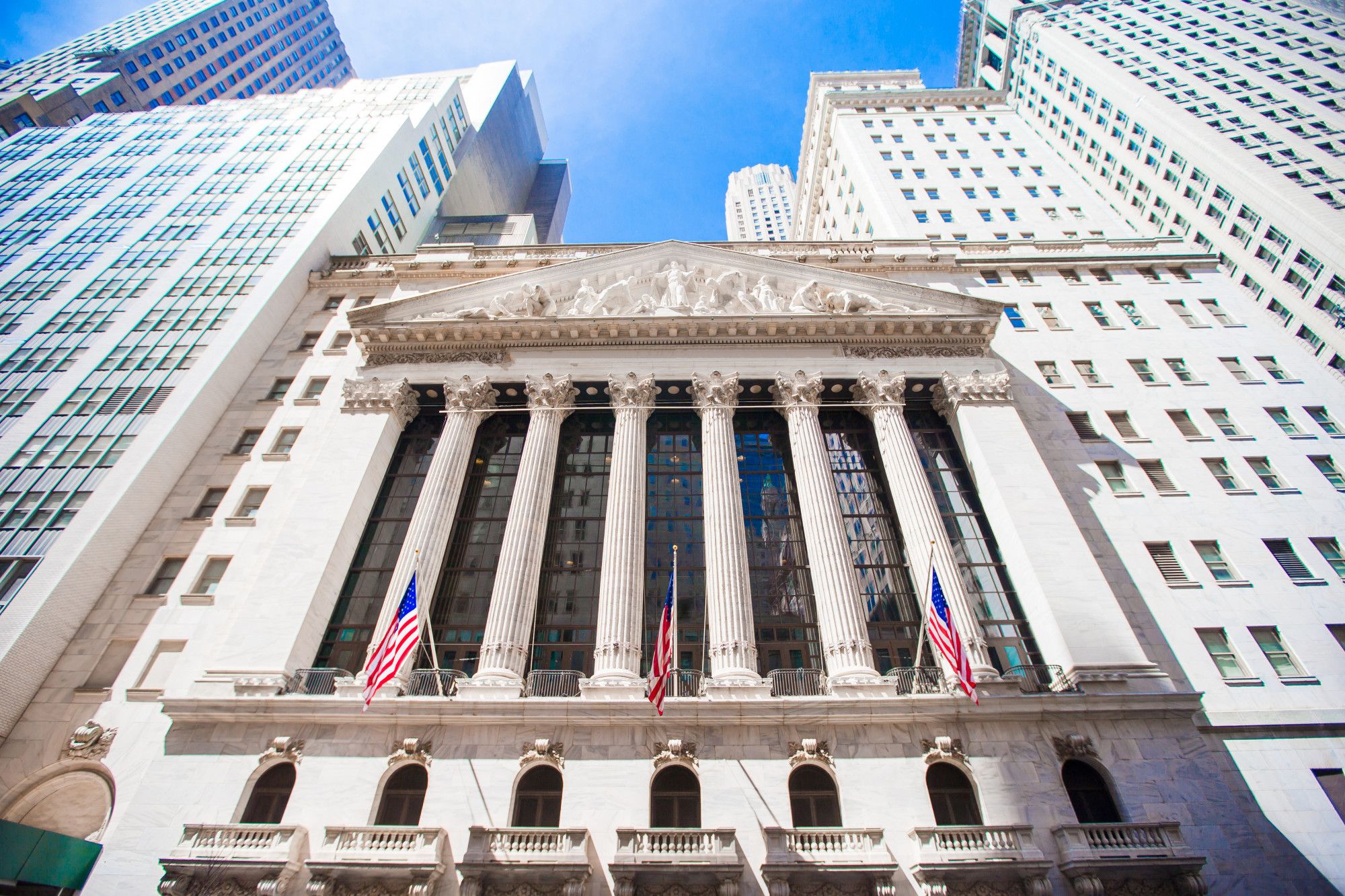Ben Bernanke war als Fed-Chef jahrelang der zentrale Lenker der Geldströme auf dieser Welt. Sein Bekenntnis zur Flutung der Märkte mit Liquidität, die den Aktienmärkten zu ihren Höhenflügen verhalfen, aber ökonomisch weitgehend unwirksam blieben, findet nun unter der neuen Fed-Chefin Janet Yellen ihre Fortsetzung.
David Einhorn, Präsident von Greenlight Capital und zuletzt hervorgetreten mit seiner Warnung vor einer zweiten Tech-Blase, berichtet von einem Abendessen mit Ben Bernanke und referiert Aussagen des ehemaligen Notenbankchefs, die von überragender Schlichtheit sind.
Angesprochen von David Einhorn, ob er die Gefahr einer Hyperinflation sehe, sagte Bernanke, dies könne er zu 100% ausschließen, da Hyperinflationen nach Kriegen entstünden – und derzeit habe man keinen Krieg. Das überzeugt uns natürlich total! Kein Krieg, keine Hyperinflation, vollkommen logisch..
Sein QE jedenfalls führe nicht zu einer Hyperinflation, das sehe man doch an Japan, wo die Notenbank auch in großem Maßstab Anleihen gekauft habe, so Bernanke.
Abschließend noch eine persönliche Bemerkung: ich habe mir die Mühe gemacht, die Texte von Bernanke zur Wirtschaftskrise 1929 zu lesen – offenkundig haben das nicht viele gemacht, sonst dürfte Bernanke kaum im Ruf stehen, der führende Kenner dieser Materie zu sein. Seine Texte strotzen vor logischen Widersprüchen (dazu an anderer Stelle mehr) – an einer seriösen Universität (oder einer seriöseren Fachrichtung) hätte Bernanke jedenfalls keinen Universitätsabschluss bekommen können..
Hier das Bloomberg-Interview von David Einhorn mit den Moderatoren Erik Schatzker und Stefanie Ruhle. Unter dem Video sind die Aussagen Einhorns noch einmal verschriftlicht..
RUHLE: … you recently had dinner with Ben Bernanke. What went down? We didn’t get to be there.
EINHORN: Well, it was — I watched him for years in front of Congress and speaking and watched him on TV and “60 Minutes” and —
RUHLE: And what was your opinion of him before you had dinner?
EINHORN: I was — I’ve been critical. I’ve been critical of him for a very long time. And the dinner for me, in one way it was cathartic because I got to ask him all these questions that had been on my mind for a very long period of time, right? And then on the other side, it was like sort of frightening because the answers weren’t any better than I thought that they might be.
SCHATZKER: What did you ask him?
EINHORN: I asked several things. He started out by explaining that he was 100 percent sure that there’s not going to be hyperinflation. And not that I think that there’s going to be hyperinflation, but it’s like how do you get to 100 percent certainty of anything? Like why can’t you be 99 percent certain and like how do you manage that risk in the last 1 percent? And he says, well, hyperinflations generally occur after wars and that’s not here. And there’s no sign of inflation now and Japan’s done a lot more quantitative easing than we’ve done, and they don’t have it. So if there is a big inflation, the Fed will know what to do. That was kind of the answer.
RUHLE: What did you say?
EINHORN: That was it. Then it went to the next question. So then a few minutes later it came back and I got to ask him about the jelly donuts. And my thesis is that it’s like too much of a good thing. Like lowering rates and quantitative easing and these stimulative things, they help but with a diminishing return. And eventually you go too far and it’s like eating the 35th jelly donut. It just doesn’t help you. It actually slows you down and makes you feel bad. And my feeling has been that by having rates at zero for a very, very long time the harm that we’re doing to savers outweighs the benefits that might be seen elsewhere in the economy. So I got to ask him about this.
SCHATZKER: Okay, and what did he say?
EINHORN: Well first of all he says, you’re wrong. That was good. And then he said the reason is if you raise interest rates for savers, somebody has to pay that interest. So you don’t create any value in the economy because for every saver there has to be a borrower.
And what I came back to him was I said, but wait a minute. You said for a long time we haven’t had enough fiscal stimulus, and who’s on the other side of the low interest trade? It’s the government. And so if the government — if we raise the rates, the government would have to pay more money to savers. You’d have the bigger deficits. You’d create the stimulus, the fiscal stimulus that you’ve been complaining that Congress wouldn’t give to you, right? And savers would benefit from the higher rates and because savings is spent at a very high rate in terms of interest — interest income on savings is spent at a high percentage, you’d get a real flow through into the economy.
SCHATZKER: One of the questions you’ve raised about quantitative easing in one of your letters to investors was about inequality. Did you get any satisfaction from Ben Bernanke on the question of whether quantitative easing exacerbates inequality?
EINHORN: Yeah, that did come up and I don’t remember exactly what he said. So I don’t want to —
SCHATZKER: It wasn’t memorable.
EINHORN: No.
SCHATZKER: How about this notion that Warren Buffett has propagated that the Fed has become with its $4 trillion balance sheet the greatest hedge fund in history?
EINHORN: Yeah. I’m not sure that’s meant as a compliment.
SCHATZKER: But did that issue come up?
EINHORN: Yeah. There were people who were asking, yes, and he says the Fed can manage their way out of it when the time comes.
Kommentare lesen und schreiben, hier klicken




